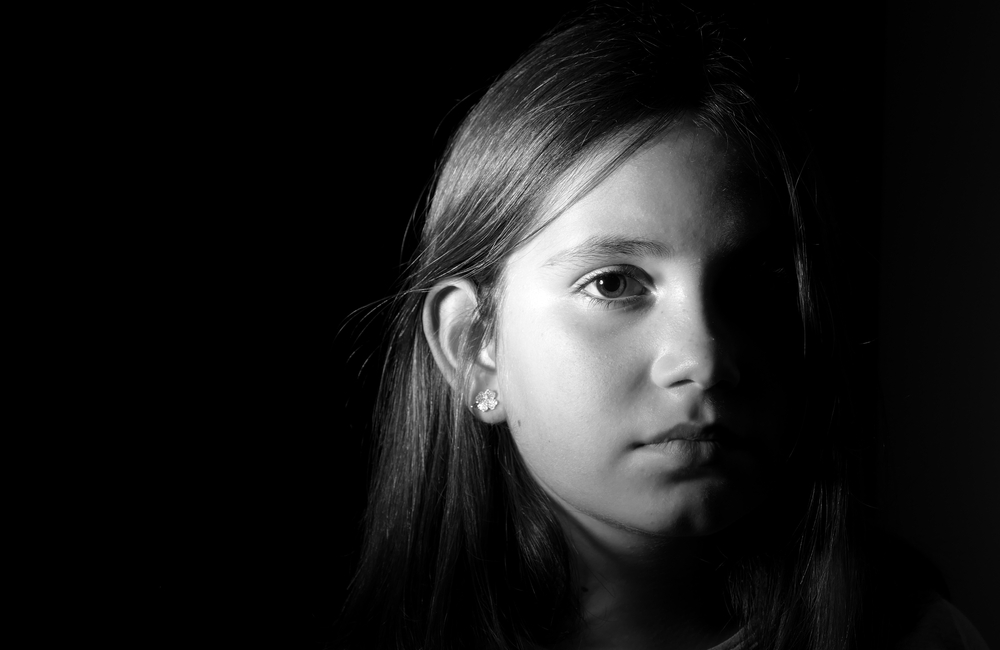“The kids are better off with me”. We’ve all heard that, but hardly any parents see themselves as the lesser parent. Nearly all parents who are separated want to spend time with their children, and to remain an important part of their children’s life. The family court system is focused on the best interests of the child, but what that means in every case can look very different to each parent and to the courts, where someone is likely to be seen as the ‘lesser’ parent.
The big question is how do parents keep their children in the centre and out of the middle (of conflict)? The only way that can happen is to stay out of court. In my experience, when parents can find ways to put their kids ahead of their own anger, grief, sadness and judgement, they can do more than just have a parenting plan and can actually fully co-operate as parents in two homes.
These are easy enough words to write, but co-operating with someone you really do not like or trust is a fiendishly difficult thing to ask of anyone. And that’s especially hard when you feel that you actually are the best parent and know what is best. The truth is that parents rarely have an identical bond with their kids, and it is often the case that one parent can objectively be seen by experts as the better parent. Winning or losing this argument is what happens to parents and therefore children in the court system. The court system is there to protect children whose parents pose a risk to them, but those cases are a minority of separated families.
The recipe to avoid win/lose outcomes for children is to decide to enlist the experts you need to check-in with your children, provide parenting education and ongoing support while various parenting arrangements are tried and adapted. It will come as no surprise that the profession most equipped to help couples in this way is not the legal profession, but rather child psychologists. In the court system, child psychologists are expert witnesses, there to help the courts decide what is best for children, based on the application that each parent has made to the court.
Every child psychologist I know who takes on this role will say that by the time a family is in court, they can’t give their best help and invariably feel that they could have been helpful, and likely prevented a court battle, if they had been called in by the family early on. It strikes me as not only incredibly sad when I hear this, but incredibly wasteful of the resources of the family and the state.
In Australia, parents must see a mediator before they can issue a children’s application to the court. This is often seen as the equivalent of engaging with a child psychologist to work out parenting issues, but that is far from the case. It is comparatively rare for one of these mediators to be a child psychologist in the first place, and secondly, they are mediating. Mediation is part of the world of dispute resolution, and its aim is to come up with a plan that suits the parents. While the parents may be focusing on their children, unless there is a child psychologist involved, the voice of the children is absent, and the emphasis is on compromising by the parents, not on parent education or looking at the psychological aspects of their couple dynamic or of either parents’ personality.
Whether parents choose a direct consultation with a child psychologist, Collaborative Divorce involving a team, or a child inclusive mediation, the children of the average family will be better off than when courts or arguments between lawyers are involved. Children know when their parents are seeing adversarial lawyers or going to court. When that is about the kids’ own lives, it is the ultimate experience of being caught in the middle of conflict. What parents want to know this is how their children feel?—– “We always knew when court was coming up because Mum was out of her mind with stress and we could see she was terrified”.
Collaborative Divorce and Mediation are much better options for parents and children, even in cases where there is significant conflict or differences of opinion between the parents. Understanding that the right help is available, and consulting a collaborative lawyer, child-inclusive mediator or a psychologist experienced in family separation is an excellent place to start.


